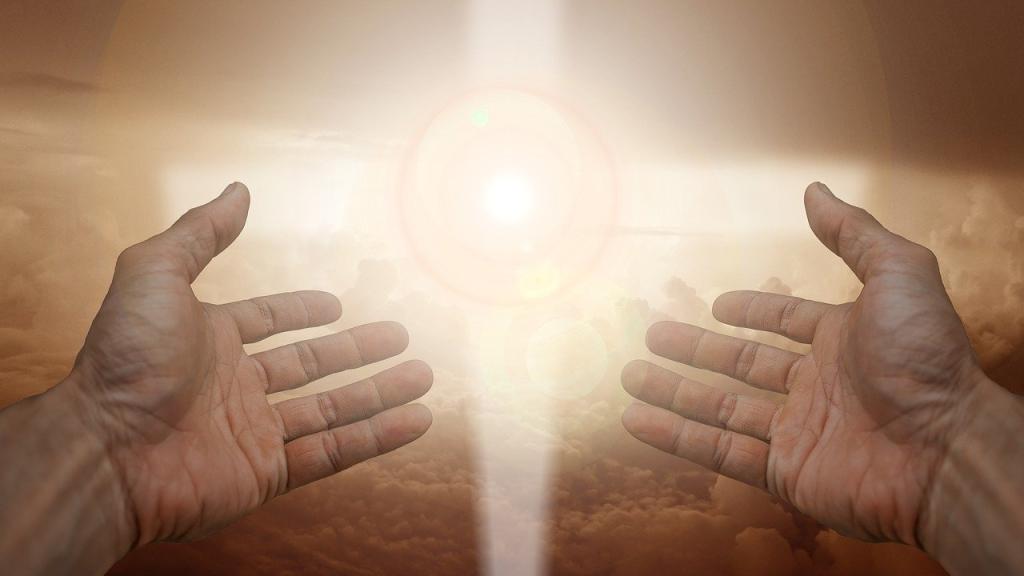We often hear, “I’m not religious, but I’m spiritual.” We also hear about the “spirituality” of various religions. But what’s the difference? And what do people mean by “spirituality”?
Spirituality is different from religion. While it can involve the worship of God, it has more to do with sensory states involving mysticism and awe, beyond the physical self, society, or the world. Spirituality is said to encompass the ineffable (words can’t describe), the noetic (psychic enlightenment), and the metaphysical.
For many people, he says, this kind of feeling is connected to religion, to their devotion to God. Other people, though, can find this kind of transcendent experience by other means.
Spiritual enlightenment and feeling “at one with the universe,” can be achieved through contemplation and serenity on the one hand and via intense experiences on the other. These can involve evocative group activities, challenging physical accomplishments, profound music, romantic experiences, awe-inspiring art, magical scenic vistas, intense prayer, psychedelic drugs, and other sources which can induce transformative mind-altering states.
Dr. Levine does not minimize the importance of religion. He affirms both religion and spirituality, saying that human beings have a profound need for meaning and for what he calls the Four B’s: being, belonging, believing, and benevolence.
I would take issue with Dr. Levine on his definition of “religious.” Not all religions have a personal, omniscient and omnipotent God who created the world. Buddhism doesn’t hinge on there being a God. Hinduism has lots of gods, which are testimonies to a single non-personal divinity that is inherent in all things, with the physical world of division is not a creation at all but an illusion spun by a demon.
I think the real distinction is that “religions” are communal, something shared with others who have the same beliefs, experiences, and “spirituality.” Whereas being “spiritual,” in Dr. Levine’s sense, is a solitary experience, something an individual might feel in isolation.
In terms of what he writes about those Four B’s in
another article, those four things we need for our well-being, his understanding of “spirituality” would fall in the category of “being.” But solitary inward experiences do little for belonging (for that you need a church), for believing (for that you need theology), and benevolence (for that you need the love of neighbor). And those four can only come from an actual religion.
Christianity indeed has its “spirituality.” Indeed, the different strains of Christianity have their spiritualities. I wrote a book about how and why I became a Lutheran entitled
The Spirituality of the Cross. My faith is not just based on my subjective experiences, but I do feel awe, a sense of transcendence, and an experience of the ineffable when I contemplate Christ and His Cross. Also when I worship Him through the church’s liturgy and when I receive the Holy Communion of His body and blood. And when I read the Bible and pray. And when I am attentive in carrying out my vocations. And going from the despair at my failure to keep God’s Law to exulting in the promises of the Gospel is certainly experiential.
The sense of the sacred is often downplayed in contemporary Christianity. My sense is that some people especially yearn for that, and, not finding it in their churches, search for it elsewhere. We would do well to recover Christian spirituality. (Towards that end, read John Kleinig’s
.) If we do, we might attract some of those who are “spiritual but not religious” by showing them how those two categories, when pursued in truth, actually go together.
Image by Gerd Altmann from Pixabay














